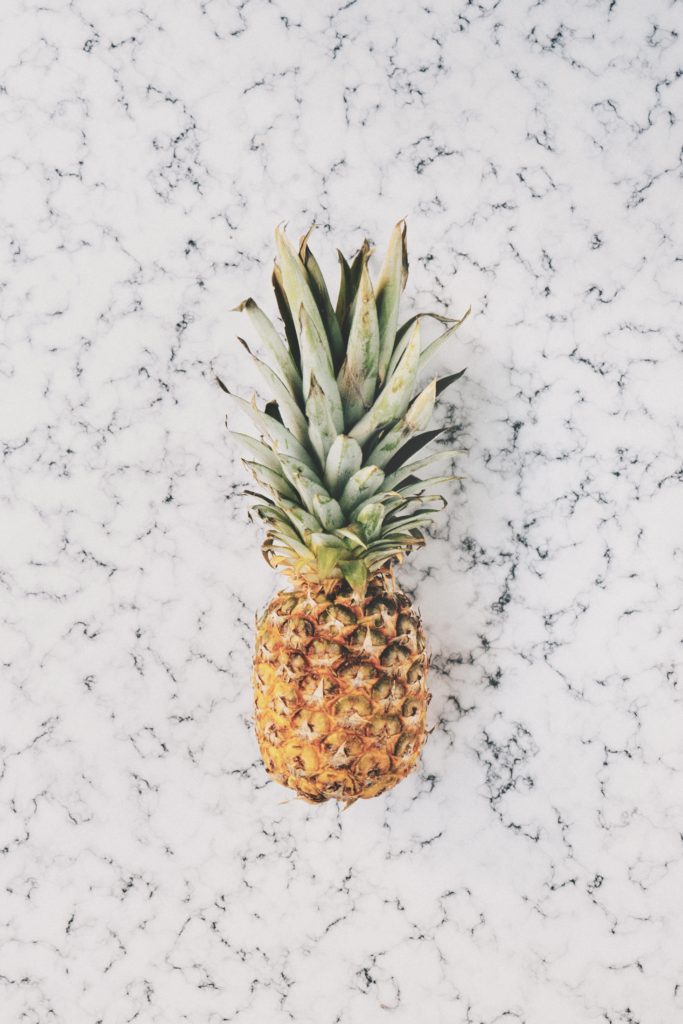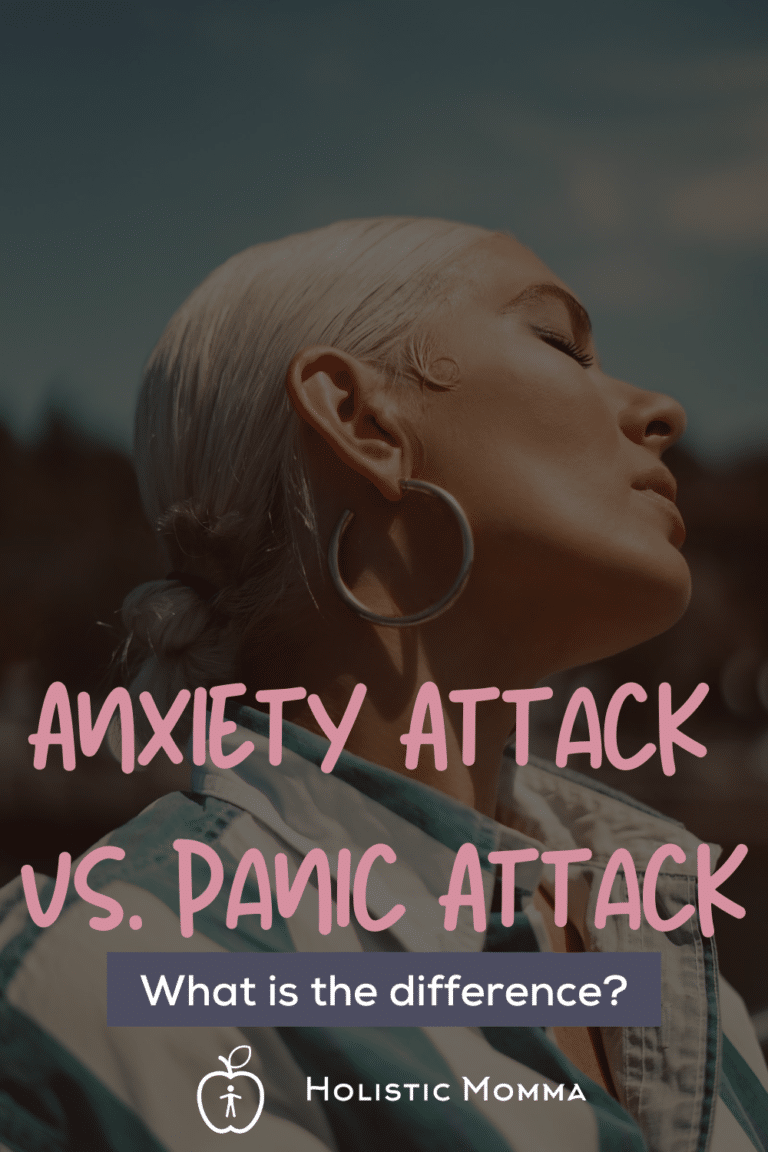6 Natural Antihistamines That Will Calm Your Body
Allergies are considered an immune response to a foreign agent interacting with the body. Whether it may be dust, animal dander, or even something as delicate as pollen, the agent comes in contact with the different cells present in the mucus membranes of the intestines, stomach, throat, throat, nose, and throat.
An individual having allergies may get triggered and have a release of histamine, an allergy responsive chemical.
Histamine plays a role in the body’s immune response, causing symptoms associated with allergy, which include itching, sneezing, and symptoms associated with cold. These antihistamines tend to block histamine activity, seeking to halt the allergic reaction in the body.
Different allergic medicines present in your drugstore function as antihistamines. However, there are certain plant extracts as well as foods that might block the different effects associated with histamine.
Table of Contents
What is A Natural Antihistamine?

A natural antihistamine helps provide allergy relief in the same way as antihistamines of pharmaceutical nature do. What’s more, it is shown that natural antihistamines come with significantly lesser side effects as compared to over-the-counter as well as prescription-based antihistamines. The most common one that is seen in individuals is drowsiness.
While individuals can become quite tolerant of the pharma-based antihistamines with time, which would become less and less effective, it doesn’t necessarily show up as a case for taking natural alternatives.
However, when comparing different pharma antihistamines, the natural ones on the other spectrum might take some additional time to work, precisely for at least two weeks or even more. You can find natural antihistamines in different fruits, vegetables, and herbs. You might also take them in the form of a tablet or a capsule.
What Are the Different Natural Antihistamines?
Many natural ingredients work as effective antihistamines for individuals having allergies. Following are the different natural antihistamines that you can get to fight allergies of different types.
1. Quercetin
Quercetin is an antioxidant substance in apples, onions, and other similar fruits. Research has shown the positive effects of quercetin against antihistamines. A study showed that it also decreased the negative effects of different allergies present in the rats by reducing the inflammation of response present in the airways.
You may get a quercetin supplement or add some foods rich in quercetin to your diet – which may come as an even better option of the two.
2. Stinging Nettle
Stinging nettle is considered a common herb present in natural medicine. It is also considered a natural antihistamine in the body. A study showed that more than half of the individuals found their allergy symptoms to be relieved considering the use of freeze-dried stinging nettle, and around 69 participants considered it to be better in comparison to placebo. The total dose of the stinging nettle was 300 mg every day. You may find stinging nettle at different stores and online stores as well.
3. Bromelain

Bromelain is considered a compound that is found in pineapples. However, you can also get a supplement for this compound. It is known to be highly effective for the treatment of respiratory distress as well as allergies that are linked with inflammation. Research also suggests the intake of 400 to 500 mg of bromelain thrice a day. It is recommended that you take bromelain through the consumption of pineapple.
4. Butterbur
Butterbur is considered a marsh plant. Being a daisy flower family member, it is present in North America, Europe, and Asia. Research also shows that it may be helpful in the reduction of the frequency as well as the intensity of migraine attacks. However, it might also be beneficial for the treatment of nasal allergies. Another study shows people having allergies showed an improvement in their symptoms after they took the butterbur supplements. You can take this plant in either oil or pill form.
There are reviews indicating that butterbur might also come as an effective treatment for hay fever, given the results of randomized controlled trials. A review also showed that butterbur was considered better than a placebo or just as effective as antihistamine medications to relieve different symptoms of allergy.
On the other hand, researchers think there is a need for more research to rightly indicate the exact way butterbur helps with allergies in individuals, for example, individuals who get hay fever. Some common side effects that some individuals may develop include breathing difficulties, itching eyes, diarrhea, fatigue, drowsiness, headache, and others.
However, the review authors point out that some large studies received funding from industry manufacturers, so further independent research is needed. Raw butterbur extracts are also known to have certain alkaloids, which might cause damage to the liver and other body cells. So, extracts of the butterbur which don’t have such substances are also available. However, there are no studies indicating the long-term effects of using these products. What’s more, the plant extract may also result in a different allergic reaction in individuals having sensitivity to daisies, etc.
5. Vitamin C
Vitamin C helps in improving the immune system. It may also act as a body’s natural antihistamine in individuals. Research conducted in 2018 on vitamin C showed that one of the contributing factors towards allergic reactions to the body include oxidative stress. As vitamin C is considered to be a highly powerful agent against oxidative stress, it might also be considered as a therapy against allergies and act as a natural antihistamine.
The scientists saw that taking a high dosage of IV vitamin C helped alleviate allergic symptoms. The researchers also saw that the overall deficiency in vitamin C might lead to diseases related to allergy.
Another research suggests that the intake of two grams of ascorbic acid in the body per day helps prevent allergies by acting as a natural antihistamine. What’s more, you may consider taking vitamin C in the form of fruits and vegetables such as red, yellow, and green bell peppers, broccoli, cauliflower, cantaloupe melon, citrus fruits, kiwifruit, cauliflower, tomato, strawberries, winter squash, etc.
Supplements of vitamin C, either with or without different bioflavonoids, are accessible through drug stores, health supplement stores, and even online.
6. Probiotics
Probiotics are considered microbes that may offer different health benefits by helping the body maintain a healthy gut flora balance. Probiotics are considered microbes that may come with added benefits to the immune health of an individual, which also helps the individual fight off different kinds of allergies.
You can improve your gut health with the use of probiotics and l-glutamine, along with other soothing herbs.
There is evidence suggesting that probiotics might help some individuals improve their response to allergic agents and normalize them. The gut has a diverse collection of different microorganisms and contributes to the regulation of your immune health. These are helpful bacteria living in your gut, which may help provide both the anti-allergic and anti-inflammatory effects in the body.
Foods rich in live cultures of bacteria such as yogurt (lower), and fermented foods such as kimchi, kefir, and sauerkraut, are all meant to be healthy sources of probiotics.
An Italian study showed that young children between the ages of two to five having allergic rhinitis who took fermented milk having the probiotic Lactobacillus casei for over a year had gotten fewer episodes of allergy in comparison to the children who were in the placebo group.
Another review published in 2019 in the journal of Children suggested probiotics to have the capacity to quell allergies. However, the specialized strains and the mechanism for how those actual functions are still under study. A study appearing in the American Journal of Clinical Nutrition suggested that a specific combo of the strains of Bifidobacteria and Lactobacilli alleviated the symptoms of hay fever in the spring allergy season.
Fun fact, 90% of your serotonin is produced in the gut which is the precursor for your melatonin production (sleep hormone) and it is a happy hormone that helps reduce anxiety and depression symptoms.
Final Words
When you have any allergic reaction to a foreign agent, say pollen, getting relief may just seem to be impossible. However, it is not. However, by mixing some natural remedies through avoiding allergens and taking good self-care, you may find good relief against allergy. Having a good diet and doing exercise may help your immune system operate at the best level possible.
What’s more, you need to make sure that while the dietary sources of the natural antihistamines are considered safe and natural in their composition and source, not all supplements are third-party tested and have clean ingredients. Hence, you need to care while buying them and ensure their quality.
Buying from Thrive Market gives you peace of mind because all their supplements are quality. They only offer clean products that have third-party testing.
Originally posted 2022-03-07 04:14:32.
Megan Santiago
Latest posts by Megan Santiago (see all)
- How to Find a Trauma Therapist in Tampa - September 30, 2024
- Get Your Child to Listen: A Clear-Cut Way To Feel Heard - March 10, 2024
- Help With Bills – How to Get Financial Assistance - March 10, 2024

